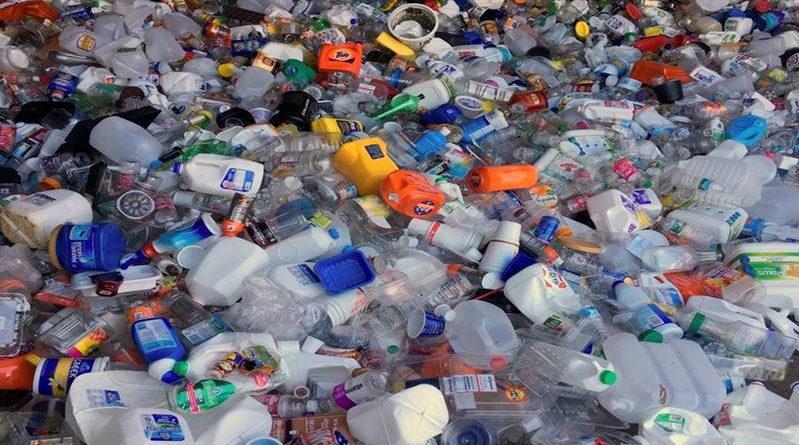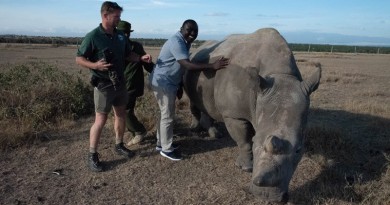There is need to be flexible and creative in managing plastic wastes in Nigeria, say FBRA – Chimaobi Agwu
The executive secretary of Food and Beverage Recycling Alliance (FBRA), Mrs. Aghararese Onaghise, at a presentation in Lagos said that flexibility and creativity is required in the management of plastic wastes in Nigeria.
Mrs. Onaghise stated this at the just concluded Workshop on Reducing Marine Plastic Pollution and Creating Plastic Recylcing Market in Lagos State organized by the World Bank in association with the Lagos State Government.
Plastic pollution has become such a serious problem in Nigeria that it has virtually become a sign of human inactivity or environmental degradation. People who visit beaches, riverbanks, parks and waterfalls frequently dump their plastic bottles carelessly, despite the dangers that such plastics pose to the environment.
Nigeria generates large quantities of solid waste every year. A Unido report reveals that the country creates about 32 million tonnes of solid waste annually, of which 2.5 million tonnes is plastic waste. On top of that, the report states that Nigeria “is among the top 20 countries that contribute 83% of total volume of land-based plastic waste that ends up in the oceans”.
For Lagos State the matter is more serious. The state produces between 13,000 and 15,000 tonnes of waste per day, including 2,250 tonnes of plastic, according to a local recycling business.
According to Emmanuel O. Akindele, Senior lecturer, Obafemi Awolowo University, plastic polymers such as polyester, polypropylene, acrylonitrile butadiene styrene, styrene-ethylene butylene styrene, and chlorinated polyethylene have been found in the Osun and Ogun Rivers. The plastic polymers recorded in these rivers are traceable to different sources such as textiles, biscuit wrappers, automotive tyre cords, bottle caps, and drinking straws. Also found are larger items in the rivers, such as tyres, plastic bags and plastic bottles. Studies indicate that such plastics could affect the life history, survival, growth and development of insect larvae into adults and therefore detrimental to environmental sustainability and to human existence.
According to Mrs. Aghararese Onaghise, connecting technology, which connects to the users is best way to tackle the menace of plastic pollution in the country. This, she said, will enhance the much talked about circular economy and help change the behaviour of Nigerians toward plastic waste management.
In her contribution, the Chair person of the Association of Table Water Producers (ATWAP), Mrs. Clementina Ativie, there should be a certificate of waste manaement issued to producers of non-biodegrable packaging products. This she says will enable the producers to align with government agencies or existing waste waste managers thus reducing and ensuring proper recylcing of non-biodegrable waste products like plastics.
In the push to control plastic recycling, the Federal Government in collaboration with the Lagos State Government and the World Bank sponsored ProBlue Project is conducting a project on mitigating the plastic menace. This is against the background that the plastics industry is very important to the Nigerian economy and increasing its sustainability can bring new opportunities for innovation and job creation, in line with the objectives of the sustainable development goals.
Unfortunately, Nigeria has not done much in the aspect of controling the indicriminate pollution of the environemnt with plastic waste, despite the much touted national Policy on Plastic Waste Management. Compared to other developing countries such as Kenya, Rwanda, Uganda and Tanzania, Nigeria’s commitments to combating plastic pollution are far below average. Individuals, communities, businesses, and governments all have a part to play to reduce plastic pollution in their environments.
Some of the innovative solutions presented at the workshop include the Pakam App and the Waste Museum.




